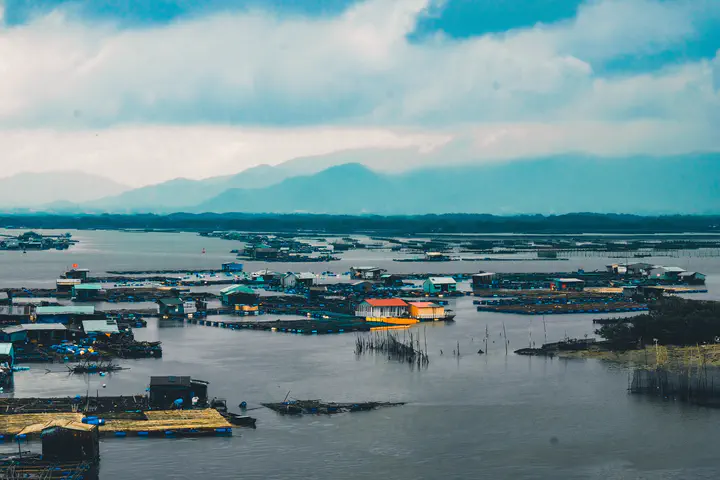Improving Representation of Collective Memory in Socio-hydrological Models and New Insights into Flood Risk Management

Abstract
Collective memory plays a controlling role in adaptation to potential flood risks, by learning from past disasters. However, with little quantitative empirical data, previous socio-hydrological models have conceptualized the decaying process of flood memory in an oversimple approach. Here, based on survey data of 683 respondents on Ningxia Floodplain, we confirmed that flood memory decays overtime via two channels: oral communication (communicative memory) and physical recording of information (cultural memory). Using the Universal Decay Model (UDM) proposed by previous researchers provides better fitting of results to the decay of flooding memory (adjusted R2 coefficient are 0.97, 0.90, 0.95 when data of all, rural or urban respondents used, respectively) compared with the original exponential model (adjusted R2 coefficient are 0.91, 0.74, 0.59, corresponding). Then, significantly reduced losses for the same flood sequence predicted by integrating the UDM into a sociohydrological model by 16% and the differences between different clusters (urban and rural respondents) can even reach 22.81%. These differences suggest that previous socio-hydrological models have been too simplistic in their conceptualizations of decaying processes associated with collective memory, which may have limited deeper insights into flood risk management.